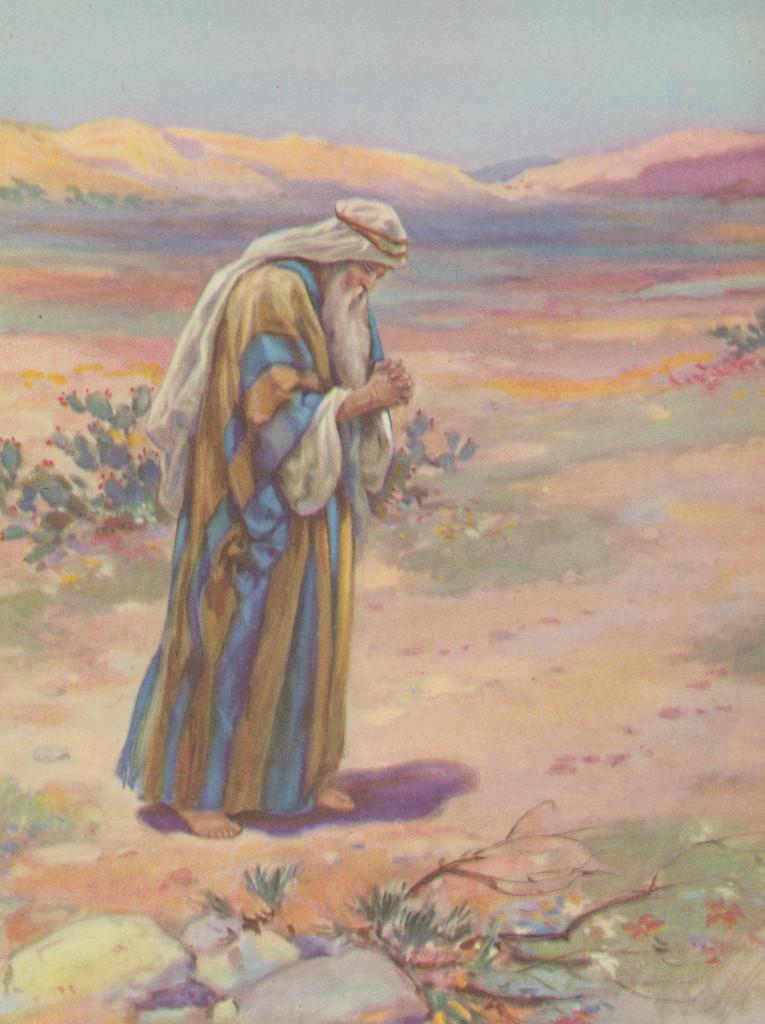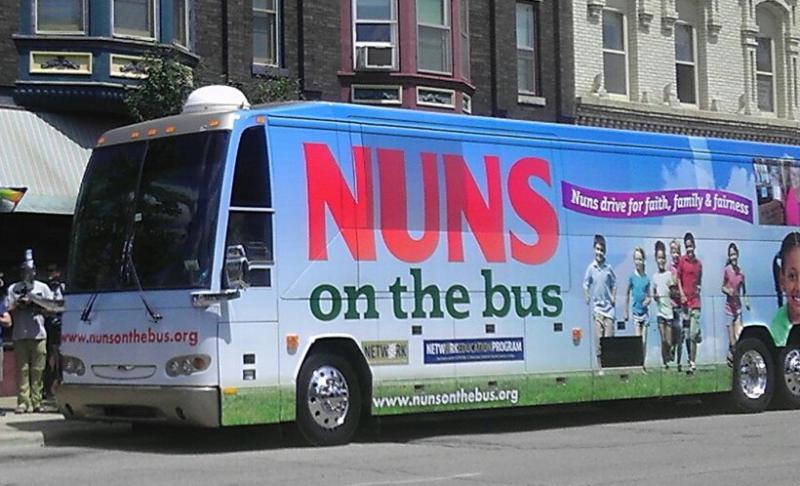There’s a passage in Hebrews 11 with the heading “The faith of Abraham.” It contains some interesting imagery about Abraham sojourning and living in tents while pressing forward to the promised homeland–a city!–“whose builder and maker is God.” The contrast between the temporary shelter of obedient exile and the permanence of a homeland that’s not yet seen is surely food for thought, but it will have to wait for another day…
because this is the verse that caught my attention this morning:
By faith Sarah herself received power to conceive, even when she was past the age, since she considered him faithful who had promised.
What does it mean to have faith? How do you do it? Is it about inner strength? Mental discipline? Force of will? Allegiance? All of this seems so anxiety-producing and beyond my abilities. I’ve read those stories about the people in Nazareth, and Peter trying to walk on water, and the frightened disciples waking Jesus in storm-tossed boat, and they don’t make me feel particularly confident that I would do any better.
By faith Sarah herself received power to conceive…since she considered him faithful who had promised.
In this verse, in the midst of the great narrative of Abraham’s faith, there is a small turn of phrase where the light breaks through for me: “…since she considered him faithful who had promised.”
Sarah’s faith is about believing God is faithful. God keeps his promises. I think to myself, “Yes, I can go that far.” She considered him faithful. And somehow those few words and that turn of meaning create a perch where hope can rest.



